
-
-
-
Advance your career
In 3-9 months, gain the skills to break into a new career or take your career to the next level.
10th
View allADVANCED MANAGEMENT PROGRAMME (MANUFACTURING AND OPERATIONS)
View allAGNIVEER MR
View allAGNIVEER SSR
View allALLAHABAD HC RO/ARO
View allAnthropology (B.Sc Anthropology)
View allArtificial Intelligence
View allASSOCIATION OF CHARTERED CERTIFIED ACCOUNTANTS [ACCA]
View allB.A (Hons.) Business Economics
View allB.A Geography
View allB.A Hons (English)
View allB.A. - Public Administration
View allB.A. Economics
View allB.A. English
View allB.A. in Fashion and Textile Design
View allB.A. in Jewellery and Accessory Design
View allB.A. in Political Science
View allB.A. in Visual Communication
View allB.A. Journalism and Mass Communication
View allB.A. LLB
View allB.Com (Hons.)
View allB.Ed or Bachelor of Education
View allB.Ed or Bachelor of Education in Physical Science
View allB.Sc - Computer Science
View allB.Sc - Electronics
View allB.Sc - Forensic Science
View allB.Sc - Genetics
View allB.Sc - Geology
View allB.Sc - Home Science
View allB.Sc - Horticulture
View allB.Sc - Life Sciences
View allB.Sc - Microbiology
View allB.Sc - Statistics
View allB.Sc - Zoology
View allB.Sc in Animation
View allB.Sc in Physiology
View allB.Sc LLB (B.Sc LLB)
View allB.Sc. (Hons.) Chemistry
View allB.Sc. (Hons.) Computer Science
View allB.Sc. (Hons.) Mathematics
View allB.Sc. (Hons.) Physics
View allB.Sc. Agriculture
View allB.Sc. Biochemistry
View allB.Sc. Biotechnology
View allB.Sc. Nursing
View allB.Tech - Automobile Engineering
View allB.Tech - Biochemical Engineering
View allB.Tech - Ceramic Engineering
View allB.Tech - Genetic Engineering
View allB.Tech - Instrumentation Engineering
View allB.Tech - Mechatronics Engineering
View allB.Tech - Mining Engineering
View allB.Tech - Production Engineering
View allB.Tech - Telecommunication Engineering
View allB.Tech - Textile Engineering
View allB.Tech : Mechanical Engineering
View allB.Tech-Artificial Intelligence
View allB.Tech-Chemical Engineering
View allB.Tech-Civil Engineering
View allB.Tech-Computer Science Engineering
View allB.Tech-Electrical Engineering
View allB.Tech-Electronics and Communications Engineering
View allB.Tech-Mechanical Engineering
View allBA LLB (BA LLB)
View allBachelor of Accounting and Finance (BAF)
View allBachelor of Audiology & Speech Language Pathology (BASLP)
View allBachelor of Banking & Insurance (BBI)
View allBachelor of Business Administration (BBA)
View allBachelor of Computer Applications (BCA)
View allBachelor of Design (B.Des)
View allBachelor of Education (B.Ed)
View allBachelor of Education (B.Ed) in History
View allBachelor of Education (B.Ed) Psychology
View allBachelor of Education (BE.d) English
View allBachelor of Education (BEd) Commerce
View allBachelor of Education (BEd) in Physical Education
View allBachelor of Education in Hindi
View allBachelor of Education in Tamil [B.Ed] (Tamil)
View allBachelor of Elementary Education (B.El.Ed)
View allBachelor of Financial Markets (BFM)
View allBachelor of Fine Arts
View allBachelor of Management Studies (BMS)
View allBachelor of Mass Communication (BMC)
View allBachelor of Mass Media (BMMC)
View allBachelor of Multimedia Communication (BMMC)
View allBachelor of Optometry
View allBachelor of Optometry (BOPTM)
View allBachelor of Physical Education (B.P.Ed)
View allBachelor of Tourism and Travel Management (BTTM)
View allBachelor of Visual Communication (B.V.C)
View allBachelor of Visual Communication (BVC)
View allBachelor of Vocation (B.Voc) in Software Development
View allBachelors in Banking and Insurance (BBI)
View allBachelors of Commerce and Bachelor of Legislative Law (B.Com LLB)
View allBBA LLB
View allBEd Political Science
View allBIHAR CGL TEST SERIES
View allBIHAR CIVIL COURT
View allBIHAR DAROGA
View allBIHAR PROHIBITION CONSTABLE
View allBOB PO
View allBOB SO
View allBOI SO
View allBPSC HEAD MASTER
View allBPSC SANITARY & WM
View allBusiness Analytics
View allCANARA BANK PO
View allCAT
View allCAT Exam
View allCBI SO
View allCBSE 5
View allCBSE 7
View allCBSE 1
View allCBSE 11th
View allCBSE 12TH
View allCBSE 2
View allCBSE 3
View allCBSE 4
View allCBSE 6
View allCBSE 8
View allCBSE 9TH
View allCBSE CTET
View allCDS
View allCERTIFICATE IN BUSINESS ANALYTICS
View allCertificate Course in Accounting
View allCertificate Course in Banking
View allCERTIFICATE COURSE IN BANKING
View allCERTIFICATE COURSE IN BUSINESS ANALYTICS
View allCERTIFICATE COURSE IN C++
View allCERTIFICATE COURSE IN COMMUNICATIVE ENGLISH
View allCERTIFICATE COURSE IN COMPUTER APPLICATION [CCA]
View allCertificate Course in Fashion Design
View allCERTIFICATE COURSE IN FINANCIAL ACCOUNTING & TAXATION [CCFAT]
View allCERTIFICATE COURSE IN FRENCH
View allCERTIFICATE COURSE IN FUNCTIONAL ENGLISH
View allCERTIFICATE COURSE IN GERMAN
View allCERTIFICATE COURSE IN INFORMATION TECHNOLOGY
View allCertificate Course in Interior Design
View allCERTIFICATE COURSE IN INTERIOR DESIGN
View allCertificate Course in JAVA
View allCERTIFICATE COURSE IN JAVA
View allCERTIFICATE COURSE IN JOURNALISM
View allCERTIFICATE COURSE IN PHOTOGRAPHY
View allCERTIFICATE COURSE IN PHYSIOTHERAPY
View allCERTIFICATE COURSE IN SPANISH
View allCERTIFICATE COURSE IN SPOKEN ENGLISH
View allCertificate Course in Stock Market
View allCERTIFICATE COURSE IN STOCK MARKET
View allCertificate Course in Tally
View allCERTIFICATE COURSE IN TALLY
View allCERTIFICATE COURSE IN YOGA
View allCertificate courses in C ++
View allCERTIFICATE IN ACCOUNTING
View allCertificate in Animation
View allCERTIFICATE IN ANIMATION
View allCertificate in Auto CAD
View allCERTIFICATE IN AUTO CAD
View allCertificate in CAD
View allCERTIFICATE IN CAD
View allCertificate in Cloud Computing
View allCERTIFICATE IN CLOUD COMPUTING
View allCertificate in Computer Application
View allCERTIFICATE IN COSMETOLOGY
View allCERTIFICATE IN DISASTER MANAGEMENT [CDM]
View allCERTIFICATE IN ENGLISH
View allCERTIFICATE IN HINDI
View allCERTIFICATE IN HUMAN RESOURCES
View allCertificate in Information Technology
View allCERTIFICATE IN INSURANCE SERVICES
View allCERTIFICATE IN LABORATORY TECHNIQUES [CPLT]
View allCERTIFICATE IN PROJECT MANAGEMENT
View allCERTIFICATE IN TOURISM AND TRAVEL MANAGEMENT
View allCERTIFICATE IN WEB DESIGNING
View allCertificate in Web Designing.
View allCERTIFICATE PROGRAM IN SUPPLY CHAIN MANAGEMENT
View allCERTIFICATE PROGRAMME IN SALES AND MARKETING
View allCERTIFIED COURSE IN FOOD AND NUTRITION
View allCERTIFIED FINANCIAL PLANNER [CFP]
View allCHARTERED ACCOUNTANT
View allChartered Financial Analyst
View allchinese
View allCISF CONSTABLE/TRADESMEN
View allCIVIL SERVICES
View allCLAT
View allCLAT EXAMS
View allCloud Computing
View allCOMBINED GEO-SCIENTIST
View allCOMBINED MEDICAL SERVICES
View allContent Writing
View allCraftsmanship Course in Food Production
View allCRPF ASI/HC
View allCRPF CONSTABLE TRADESMAN
View allCRPF SI & ASI
View allCS (Company Secretary)
View allCUET
View allCyber Security
View allD.EL.Ed.
View allData Analytics
View allData Science
View allDigital Marketing
View allDiploma in 3D Animation
View allDiploma in Advertising and Marketing
View allDiploma in Airline, Travel and Tourism Management
View allDiploma in Animation and Multimedia
View allDIPLOMA IN ARCHITECTURE ENGINEERING
View allDIPLOMA IN AUTOMOBILE ENGINEERING
View allDiploma in Bakery and Confectionery
View allDIPLOMA IN BIOMEDICAL ENGINEERING
View allDIPLOMA IN CHEMICAL ENGINEERING
View allDIPLOMA IN CIVIL ENGINEERING
View allDiploma in Communicative English
View allDIPLOMA IN COMPUTER ENGINEERING
View allDIPLOMA IN COMPUTER SCIENCE AND ENGINEERING
View allDIPLOMA IN DENTAL HYGIENIST
View allDIPLOMA IN DENTAL MECHANICS
View allDiploma in education
View allDIPLOMA IN ELECTRICAL & ELECTRONICS ENGINEERING
View allDIPLOMA IN ELECTRICAL ENGINEERING
View allDIPLOMA IN ELECTRONICS ENGINEERING
View allDiploma in elementary education
View allDiploma in Engineering
View allDiploma in Event Management
View allDIPLOMA IN FINE ARTS
View allDiploma in Food and Beverage Services
View allDiploma in Gemology
View allDiploma in Hotel Management (DHM)
View allDiploma in Information Technology
View allDIPLOMA IN INFORMATION TECHNOLOGY
View allDiploma in Interior Designing
View allDiploma in Journalism and Mass Communication (DJMC)
View allDIPLOMA IN MECHANICAL ENGINEERING
View allDIPLOMA IN MECHATRONICS
View allDiploma in Medical Lab Technology
View allDiploma in Medical Laboratory Technology (DMLT)
View allDIPLOMA IN MINING ENGINEERING
View allDiploma in Multimedia
View allDiploma in Nursing
View allDiploma in Nursing Care Assistant (DNCA)
View allDiploma in Nutrition and Dietetics
View allDiploma in Office Management
View allDIPLOMA IN PETROLEUM ENGINEERING
View allDiploma in Photography
View allDiploma in Physiotherapy
View allDIPLOMA IN PRODUCTION ENGINEERING
View allDiploma in Radiological Technology
View allDiploma in Rural Healthcare
View allDiploma in Scriptwriting/Creative Writing
View allDiploma in Sound Recording
View allDiploma in Travel & Tourism
View allDiploma in Visual Merchandising
View allDiploma in X-Ray Technician
View allEmail-Marketing
View allEPFO
View allFashion Designer
View allFCI MANAGEMENT TRAINEE
View allFEDERAL BANK PO
View allFull-Stack Developer
View allGATE
View allGraphic Design
View allHARCO BANK
View allHPSC PGT
View allHSSC Canal Patwari
View allHSSC GRAM SACHIV
View allIB SA/EXE & MTS/GEN
View allIBPS CLERK
View allIBPS PO
View allIBPS RRB OFFICE ASSISTANT
View allIBPS RRB OFFICER SCALE 1
View allIBPS SO Exam
View allIBPS Specialist Officer Exams
View allICAR
View allIIBF JE
View allINDIAN AIRFORCE APPRENTICE
View allINDIAN BANK COST GUARD (GD/DB)
View allINDIAN BANK PO
View allINDIAN BANK SO
View allINDIAN ECONOMIC SERVICE
View allINDIAN ER.SERVICES
View allINDIAN FOREST SERVICE
View allINDIAN NAVY AA/SSR
View allIPPB
View allJH POLICE RO
View allJK BANK PO
View allJK POLICE CONSTABLE
View allJob Oriented
View allJSSC EXCISE AND PROHIBITION
View allKG
View allLAKHSMI VILAS BANK PO
View allLDCE
View allLIC AAO
View allLIC ADO
View allLIC HFL
View allLL.M - Criminal Law
View allLL.M - Cyber Law
View allLL.M - International Law
View allLL.M - Labour Law
View allM.A. - Public Administration
View allM.A. in Economics
View allM.A. in English
View allM.A. Political Science
View allM.A. Rural Development
View allM.A.in History
View allM.Sc - Geoinformatics
View allMachine Learning
View allMaster of Education (M.Ed)
View allMaster of Law (LL.M)
View allMaster of Mass Communication (MMC)
View allMasters in Journalism and Mass Communication (MJMC)
View allMasters of Business Administration (MBA)
View allMAT
View allMBA - Communication Management
View allMBA - Customer Relationship Management (MBA CRM)
View allMBA - Environmental Management
View allMBA - Healthcare & Hospital Management
View allMBA - Hospitality Management
View allMBA - Logistics and Supply Chain Management
View allMBA - Materials Management
View allMBA - Media Management
View allMBA - Natural Resource Management
View allMBA - Operations Management
View allMBA - Project Management
View allMBA - Retail Management
View allMBA - Risk Management
View allMBA - Rural Development Management
View allMBA - Sales Management
View allMBA - Sports Management
View allMBA - Sustainable Management
View allMBA - Technology Management
View allMBA-Finance
View allMBA-Hr
View allMBA-Insurance
View allMBA-IT
View allMBA-Marketing
View allMCM: Masters of Computer Management
View allMP PATWARI
View allMP PSC
View allMP TET
View allMPPSC FOREST SERVICE
View allNAINITAL BANK
View allNDA & NA
View allNIOS 10
View allNIOS 11
View allNIOS 12
View allNIOS D.EL.ED.
View allNTPC CBT
View allOICL RECRUITMENT
View allOSSSC RECRUITMENT
View allPATNA HC STENO
View allPGP - Tax Management
View allPost Graduate Diploma in Technical Writing
View allProgramming
View allProject Management
View allRBI ASSISTANT
View allRBI Grade B Exam
View allRRB ASSISTANT LOCO PILOT
View allRRB Group D.
View allRSCB
View allRSMSSB COMPUTOR
View allRSMSSB FOREST GUARD
View allRSMSSB INFORMATICS ASSISTANT
View allRSMSSB JE
View allRSMSSB LAB TECH
View allRSMSSB LIB
View allRSMSSB PATWARI
View allRSMSSB PHARMACIST
View allSBI Clerk
View allSBI Clerk 2024
View allSBI PO
View allSIDBI GRADE A
View allSIDBI GRADE B
View allSocial Media Marketing
View allSoft Skills
View allSoftware Development.
View allSSC SELECTION POST
View allUIIC ASSISTANT
View allUPPSC ASST.PRO
View allUPPSC NURSE
View allUPPSC PROGRAMMER
View allUPSSSC ATA
View allUPSSSC INSTRUCTOR
View allUPSSSC VDO
View allVCBL PO
View allWealth Management
View allWeb Designing
View allXAT
View allDiploma in Cosmetology
View all
-
-
-
Advance your career
In 3-9 months, gain the skills to break into a new career or take your career to the next level.
-
-
-
Advance your career
In 3-9 months, gain the skills to break into a new career or take your career to the next level.
-
-
-
Advance your career
In 3-9 months, gain the skills to break into a new career or take your career to the next level.
Arts And Humanities.
No courses found
Business
View allCertificate
View allComputer Science
No courses found
Graphic Design
No courses found
Health
No courses found
Information Technology
View allLanguage Learning
No courses found
Math And Logic
No courses found
Physical Science And Engineering
No courses found
Social Science
No courses found
Soft Skills
No courses found
-
-
-
Find your new career
Breakthrough pricing on 100% online degrees designed to fit into your life.
CERTIFICATE IN ANIMATION
No subjects found
Get started
-
-
-
Find your new career
Breakthrough pricing on 100% online degrees designed to fit into your life.
CERTIFICATE COURSE IN COMMUNICATIVE ENGLISH
No subjects found
CERTIFICATE COURSE IN FRENCH
No subjects found
CERTIFICATE COURSE IN FUNCTIONAL ENGLISH
No subjects found
CERTIFICATE COURSE IN GERMAN
No subjects found
CERTIFICATE COURSE IN SPANISH
No subjects found
CERTIFICATE COURSE IN SPOKEN ENGLISH
No subjects found
CERTIFICATE IN ENGLISH
No subjects found
CERTIFICATE IN HINDI
No subjects found
CERTIFICATE IN INSURANCE SERVICES
No subjects found
DIPLOMA IN FINE ARTS
No subjects found
Get started
-
-
-
Find your new career
Breakthrough pricing on 100% online degrees designed to fit into your life.
No courses found
Get started
-
-
-
Find your new career
Breakthrough pricing on 100% online degrees designed to fit into your life.
Certificate Course In Accounting
No subjects found
Certificate Course In Banking
No subjects found
Certificate Course In Interior Design
No subjects found
Certificate Course In Stock Market
No subjects found
Certificate Course In Tally
No subjects found
Get started
-
-
-
Find your new career
Breakthrough pricing on 100% online degrees designed to fit into your life.
Certificate Course In Fashion Design
No subjects found
Certificate In Auto CAD
No subjects found
Certificate In CAD
No subjects found
Chinese
No subjects found
Get started
-
Goals
Departments
-
Physics
Academic |
NIOS 12
The NIOS Class 12 Physics course provides an in-depth study of various topics related to physics. The course is designed to provide students with a strong foundation in the fundamental concepts of physics and prepare them for higher studies in the field.

Runali Deb Roy
Last Update : 15 May 2023
Master the Concepts of Physics in CBSE 12th Grade
The NIOS Class 12 Physics course provides an in-depth study of various topics related to physics. The course is designed to provide students with a strong foundation in the fundamental concepts of physics and prepare them for higher studies in the field.
The course covers topics such as mechanics, electricity and magnetism, waves, optics, and modern physics. It also includes practical exercises to help students develop their experimental skills and gain hands-on experience in the subject.
The course is structured in a way that enables students to build a strong foundation in the subject and develop critical thinking skills necessary for solving complex problems. The course also helps students develop their analytical and problem-solving skills, which are essential for a career in science and technology.
Overall, the NIOS Class 12 Physics course provides students with a comprehensive understanding of physics and equips them with the necessary skills to pursue further studies in the field or apply their knowledge in other fields of science and technology.
Comprehensive Study Material and Practice Resources for CBSE Physics
- Electrostatics: Electric Charges and Fields, Gauss's Law, Electric Potential and Capacitance.
- Current Electricity: Electric Current, Ohm's Law, Electrical Energy and Power, Kirchhoff's Laws, Wheatstone Bridge, Potentiometer.
- Magnetic Effects of Current and Magnetism: Magnetic Field, Lorentz Force, Biot-Savart Law, Ampere's Circuital Law, Faraday's Law of Electromagnetic Induction, AC generator and Transformer.
- Electromagnetic Induction and Alternating Currents: Self and Mutual Induction, Lenz's Law, Eddy Currents, Alternating Current, Peak and RMS Value of AC, LC Oscillations, LCR Circuit, Resonance, Power in AC Circuits.
- Optics: Reflection and Refraction of Light, Huygens' Principle, Dispersion, Scattering of Light, Optical Instruments, Wave Optics, Interference of Light, Diffraction of Light, Polarisation of Light.
- Dual Nature of Radiation and Matter: Photoelectric Effect, Einstein's Photoelectric Equation, Wave-Particle Duality.
- Atoms and Nuclei: Atomic Models, Bohr's Model, Hydrogen Spectrum, Dual Nature of Matter, Structure of Nucleus, Radioactivity, Nuclear Fission and Fusion.
- Electronic Devices: Semiconductors, Junction Diode, Zener Diode, LED, Transistor, Oscillator, Logic Gates.
Course Content
- Electric Charges and Fields
- Electrostatic Potential and Capacitance
- Electric Current
- Ohm’s Law and Electrical Resistance
- Electrical Energy and Power
- Electric Cells
- Kirchhoff’s Laws and Simple Applications
- Magnetic Effects of Electric Current
- Magnetic Field
- Torque on Current Loop, Moving Coil, and Moving Charges in Magnetic Field
- Earth’s Magnetic Field
- Magnetic Properties of Materials
- Electromagnetic Induction
- Alternating Current
- AC Generator and Transformer
- Rectifier and Filter
- Electromagnetic Waves and Their Characteristics
- Electromagnetic Spectrum
- Applications of Electromagnetic Waves
- Reflection of Light
- Refraction of Light
- Optical Instruments
- Wave Optics
- Dual Nature of Radiation
- Photoelectric Effect
- Matter Waves
- Atomic Structure
- Radioactivity
- Nuclear Energy
- Semiconductor
- PN Junction
- Digital Electronics
- Communication System
NIOS Class 12 Physics
introduce students to the fundamental concepts of physics and its applications. The course aims to provide a comprehensive understanding of the subject and develop the skills necessary to pursue higher education in physics or related fields.
The course is divided into different modules covering various topics, including mechanics, waves, thermodynamics, electromagnetism, optics, and modern physics. Students will also learn about the latest developments in the field of physics and its applications.
The course emphasizes the development of problem-solving skills and practical applications of physics concepts. Students will have the opportunity to conduct experiments and demonstrations, which will help them understand the principles and laws of physics.
Overall, the NIOS Class 12 Physics course is designed to provide students with a strong foundation in physics and develop critical thinking and analytical skills necessary to succeed in higher education and the workforce.
Course Description
The NIOS Class 12 Physics course is designed to provide students with an understanding of the basic principles of physics, its applications, and its importance in our daily lives. The course is divided into different modules that cover a wide range of topics, including mechanics, heat and thermodynamics, waves and optics, electricity and magnetism, and modern physics.
The course aims to develop student's analytical, critical thinking, and problem-solving skills through various learning activities, including theoretical concepts, practical experiments, and numerical problems. Students will also learn how to use various physics tools, equipment, and techniques, including measuring instruments, laboratory instruments, and computer simulations.
The course also includes practical work, which is an essential part of the physics curriculum. Students will learn how to conduct experiments, record data, analyze results, and draw conclusions. Practical work also involves developing skills in teamwork, communication, and safety procedures.
Throughout the course, students will also be encouraged to develop their curiosity and passion for physics by exploring its history, its role in technological advancements, and its impact on society and the environment. By the end of the course, students will have a deeper understanding of the fundamental laws of physics, their real-world applications, and their potential for solving global challenges.
- Duration 12 Months
- Level Beginner
- Lectures 12 Lectures
- Language English
- Enrolled 100+ Enrolled
- Recorded Video 44
- Notes 30
- MCQs 200
- PPTs 30
- Live Test Series 58
- E-Book 30
Benefits of Studying Physics
Studying physics at the Class 12 level has several benefits. Here are some of them:
Improves problem-solving skills: Physics involves solving complex problems using mathematical principles. Studying physics at the Class 12 level helps in developing analytical and problem-solving skills that can be applied in other fields as well.
Enhances critical thinking: Physics is a subject that encourages students to think critically and logically. It involves understanding and analyzing theories and concepts to explain natural phenomena. This helps in developing critical thinking skills that are valuable in various professions.
Provides a foundation for higher education: Physics is a foundation subject for various fields of study, including engineering, medicine, and computer science. A strong understanding of physics at the Class 12 level can help students excel in these fields.
Helps in understanding the world around us: Physics is the study of the natural world, from the smallest subatomic particles to the largest structures in the universe. Studying physics at the Class 12 level provides a deeper understanding of the laws that govern the physical world around us.
Career opportunities: Physics opens up several career opportunities in various fields such as research, engineering, medicine, teaching, and more.

Course Structure
1
The NIOS Class 12 Physics course is structured into four blocks, each consisting of various units and chapters. The course aims to provide a conceptual understanding of Physics principles and their applications in the real world.
The following is a brief overview of the course structure:
Block 1: Mechanics
- Unit 1: Physical World and Measurement
- Unit 2: Kinematics
- Unit 3: Laws of Motion
- Unit 4: Work, Energy, and Power
- Unit 5: Motion of System of Particles and Rigid Body
- Unit 6: Gravitation
Block 2: Waves and Oscillations
- Unit 7: Properties of Bulk Matter
- Unit 8: Thermodynamics
- Unit 9: Behavior of Perfect Gas and Kinetic Theory
- Unit 10: Oscillations and Waves
Block 3: Electricity and Magnetism
- Unit 11: Electrostatics
- Unit 12: Current Electricity
- Unit 13: Magnetic Effects of Current and Magnetism
- Unit 14: Electromagnetic Induction and Alternating Currents
Block 4: Modern Physics
- Unit 15: Electromagnetic Waves
- Unit 16: Optics
- Unit 17: Dual Nature of Matter and Radiation
- Unit 18: Atoms and Nuclei
- Unit 19: Electronic Devices
Start Learning Today
Financial aid available
- Taught by top companies and universities
- Affordable programs
- Apply your skills with hands-on projects
- Learn on your own schedule
- Course videos and readings
- Graded quizzes and assignments
- Shareable Certificate upon completion
Frequently Asked Questions
NIOS class 12 Physics is a course designed by the National Institute of Open Schooling (NIOS) for students in class 12 who want to study Physics as a subject.
The syllabus of NIOS class 12 Physics includes topics like electrostatics, current electricity, magnetic effects of current and magnetism, electromagnetic induction and alternating currents, optics, dual nature of radiation and matter, atoms and nuclei, electronic devices, and communication systems.
Studying NIOS class 12 Physics can provide students with a deep understanding of the physical world and the laws that govern it. It can also help students develop problem-solving, analytical, and critical thinking skills.
NIOS class 12 Physics can be challenging for some students, as it requires a good understanding of mathematical concepts and critical thinking skills. However, with regular practice and a clear understanding of the concepts, students can excel in the subject
Students can prepare for NIOS class 12 Physics by following the syllabus and textbook, practicing numerical problems, and solving previous year question papers. They can also seek help from teachers or tutors if they need additional guidance.
Studying NIOS class 12 Physics can open up various career options for students, such as engineering, architecture, research, teaching, and many more. It can also prepare students for various entrance exams like JEE, NEET, and other competitive exams.




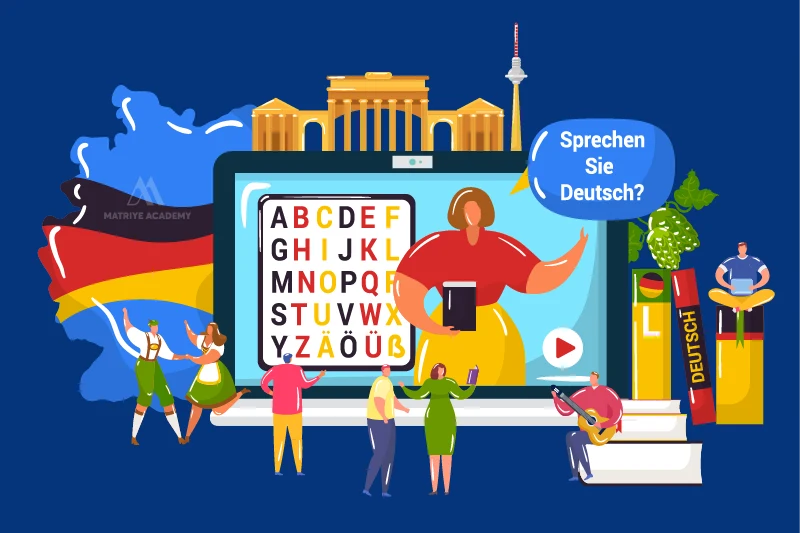
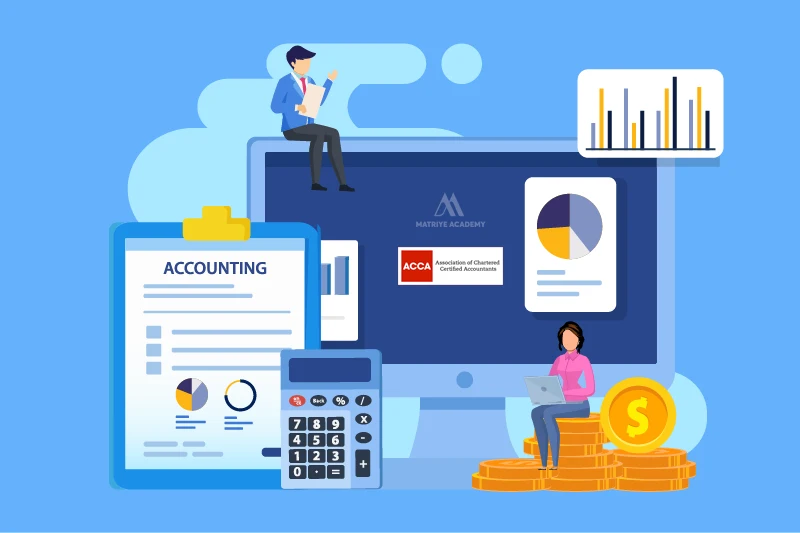
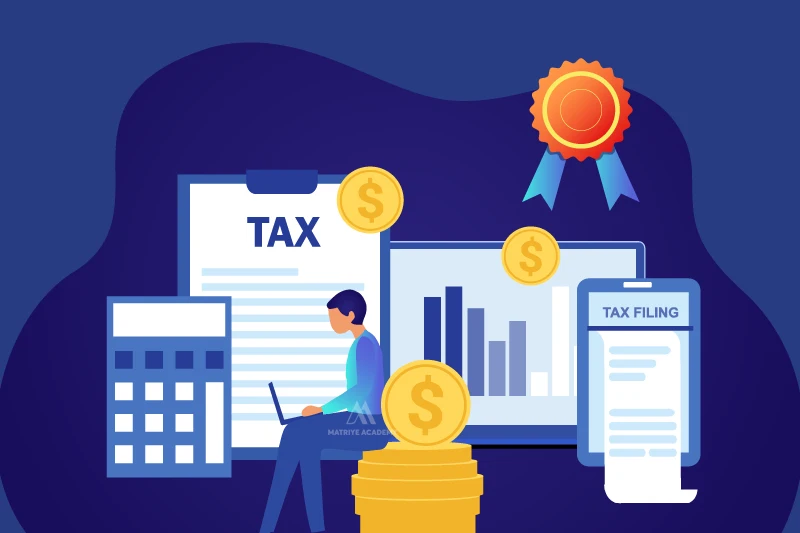
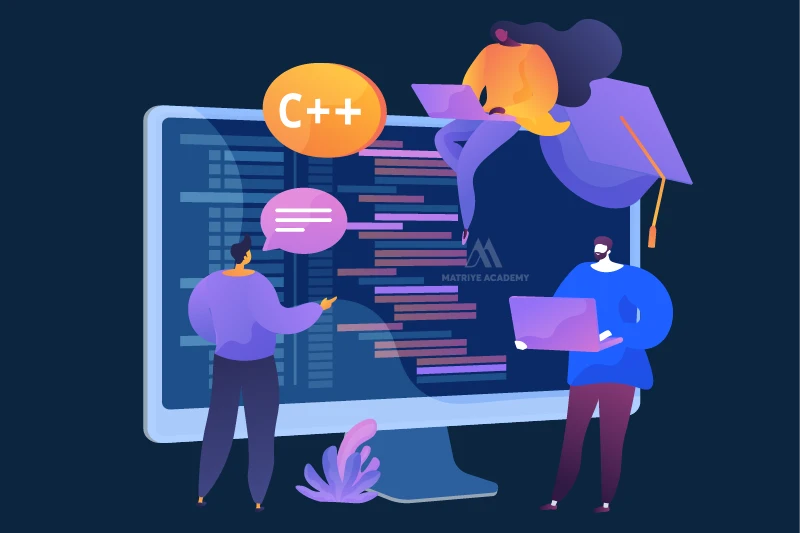
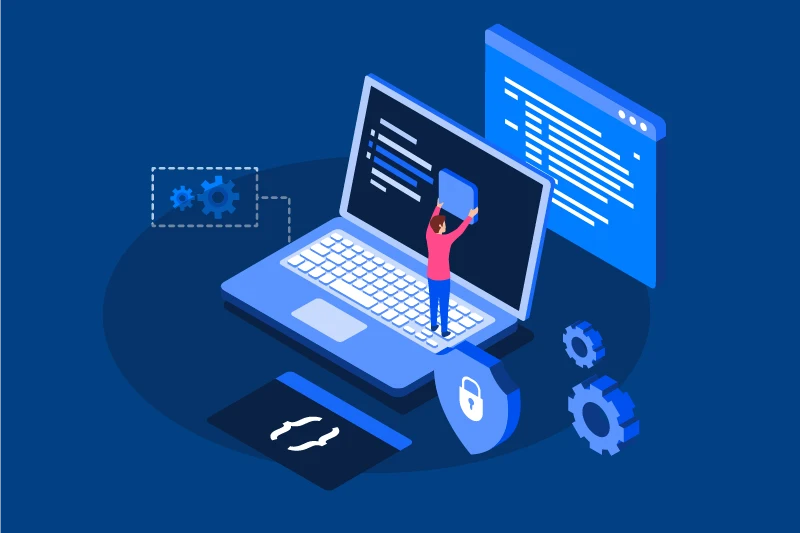
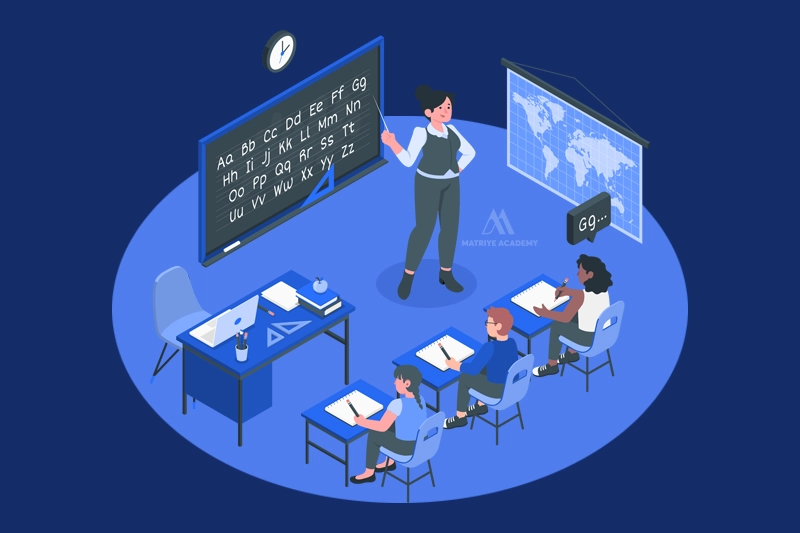
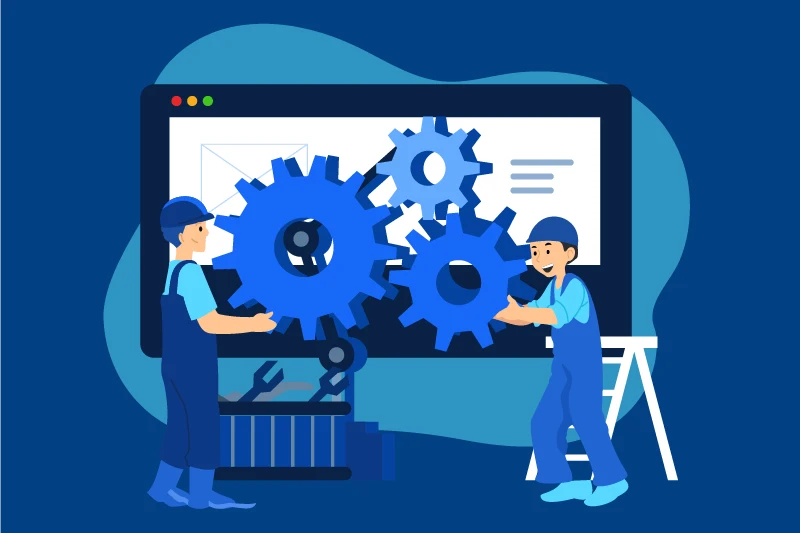
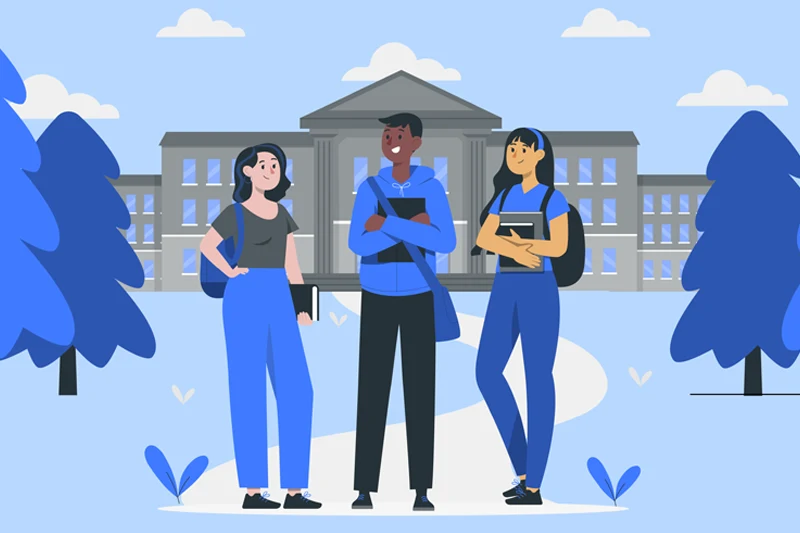
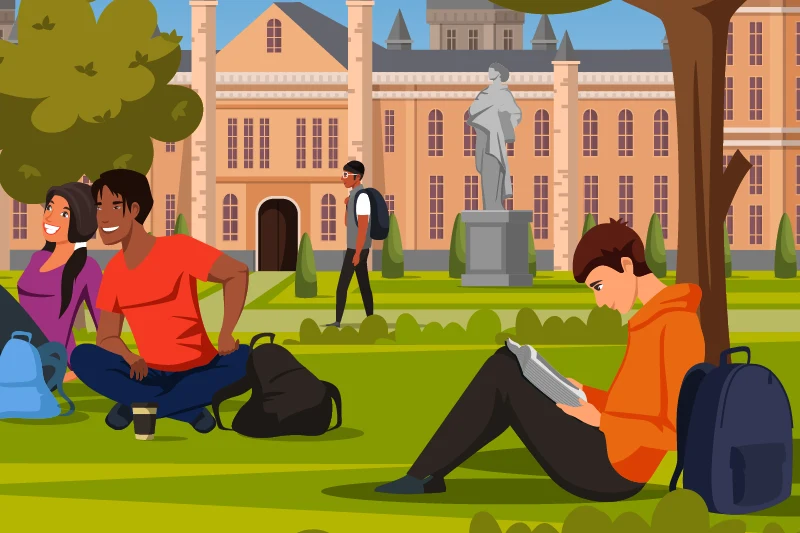
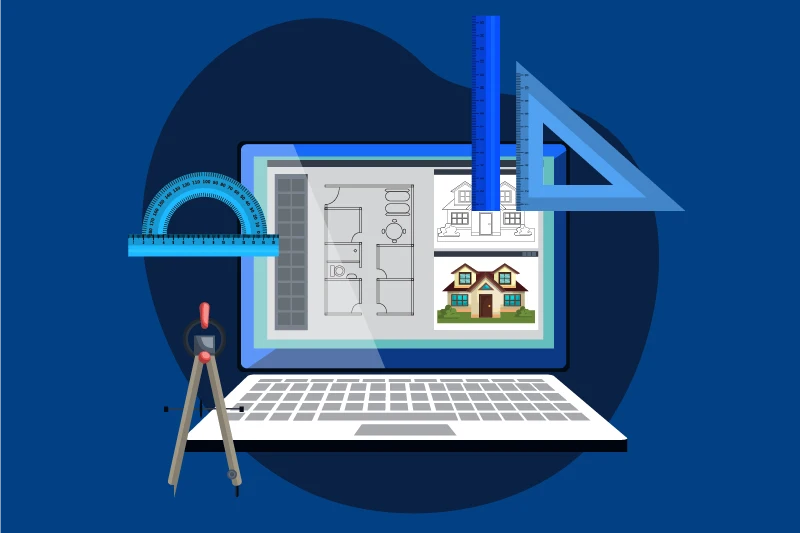
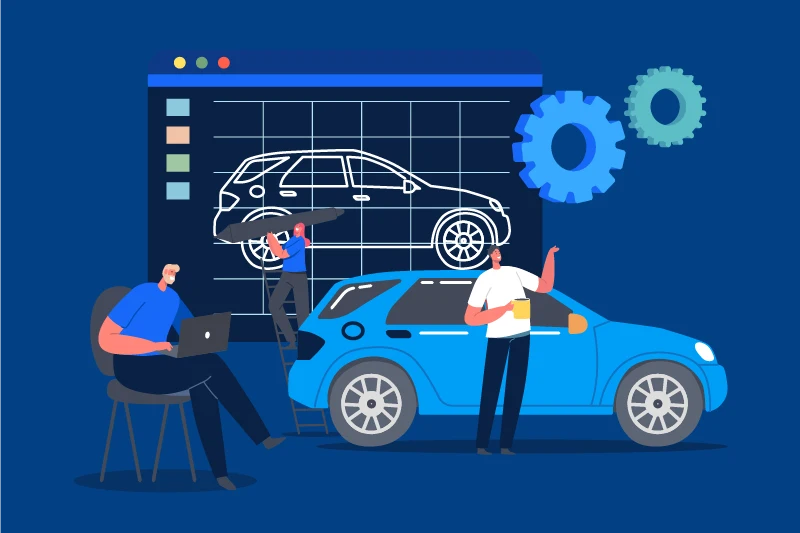
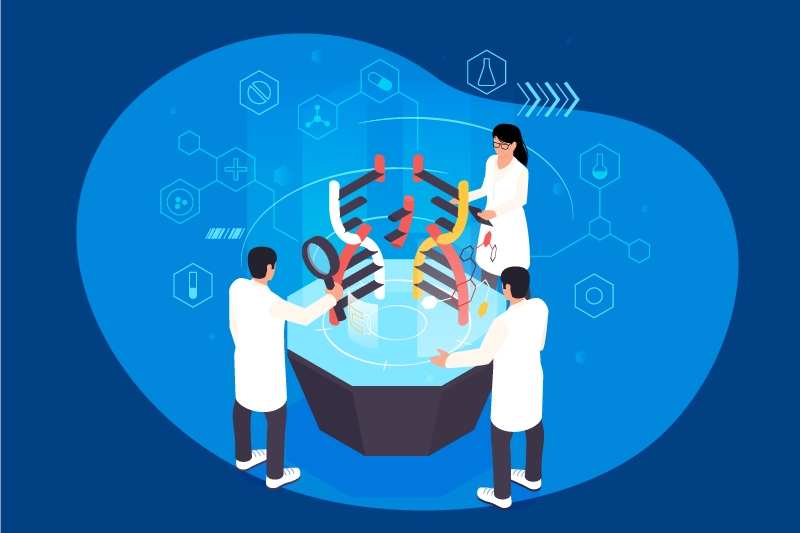
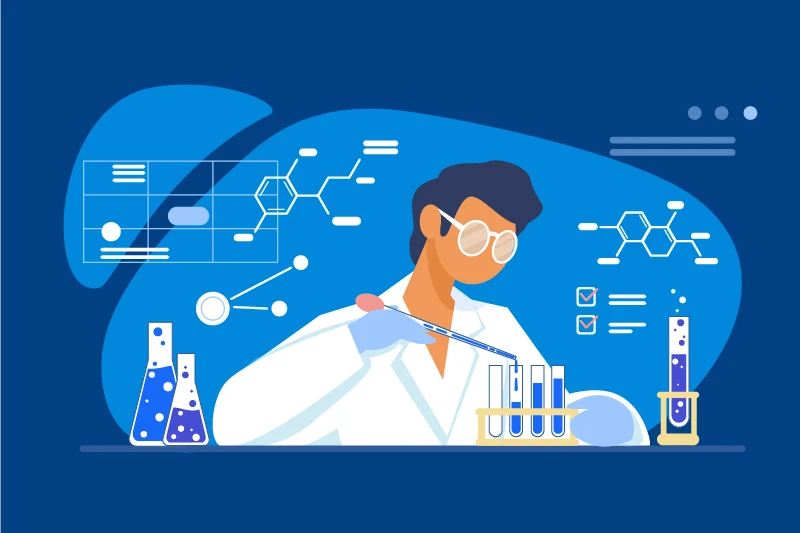

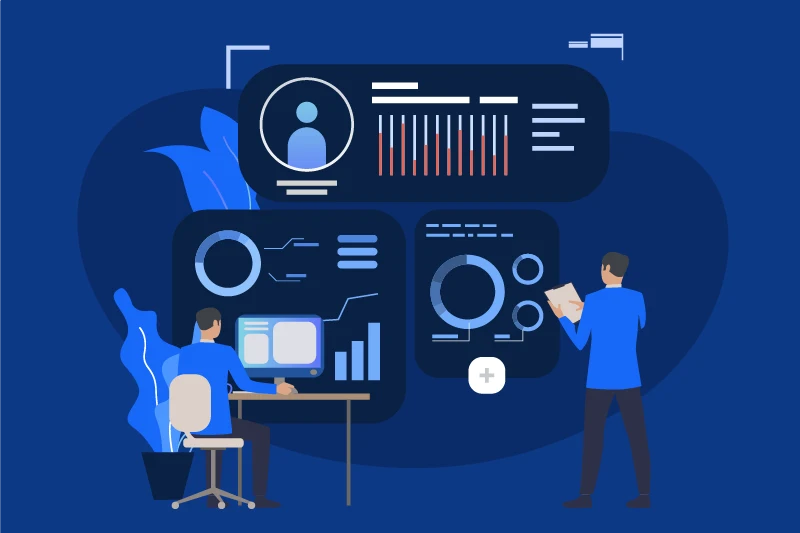
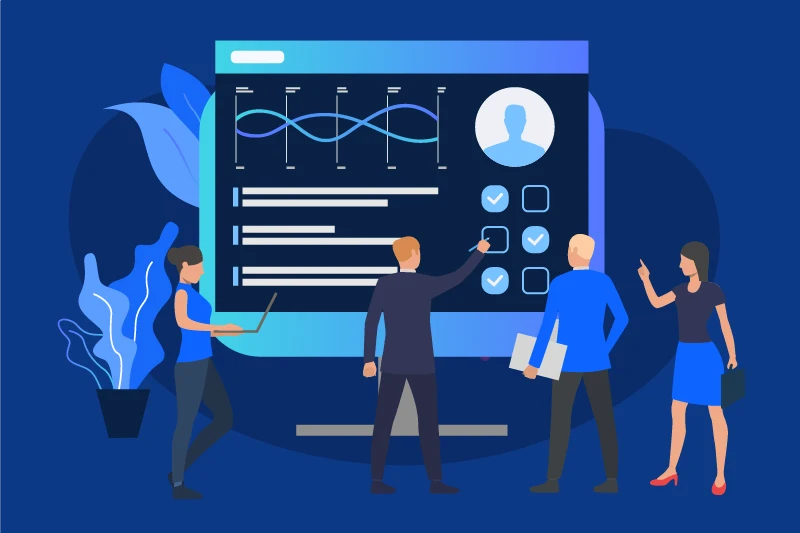



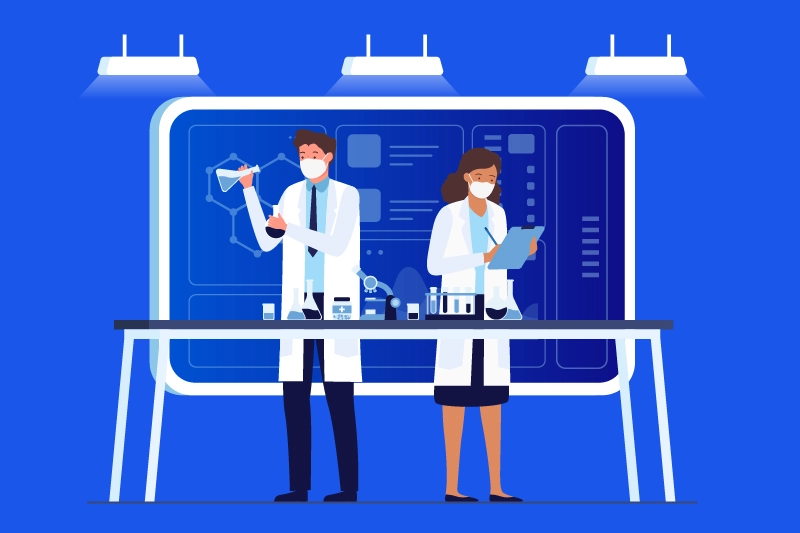
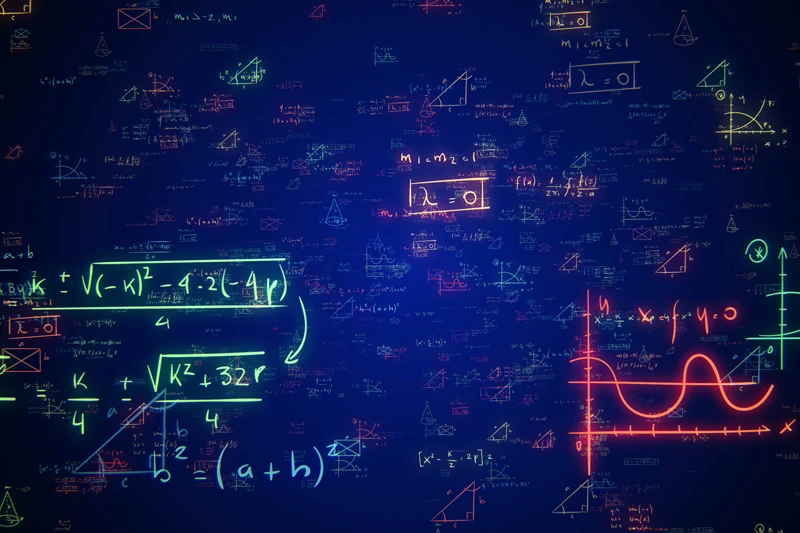
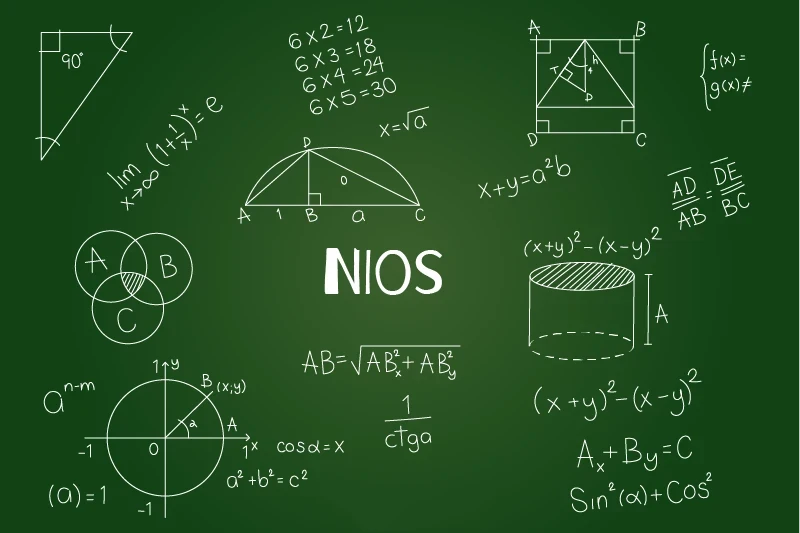
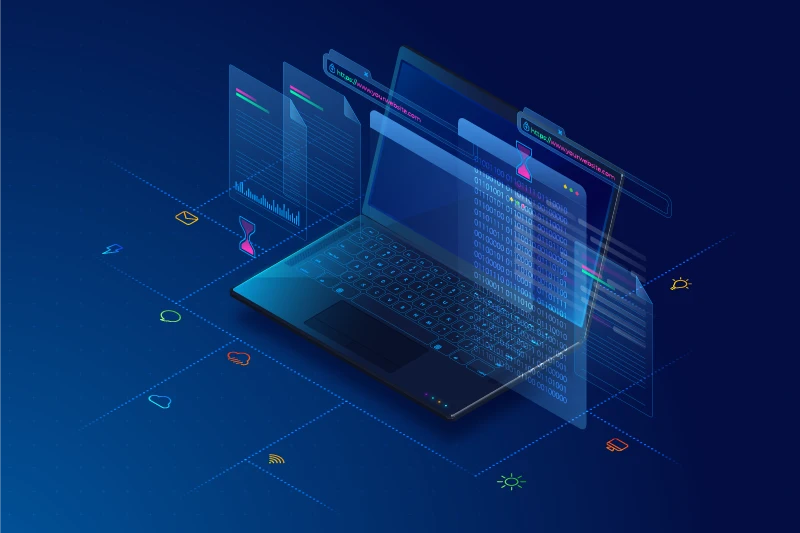
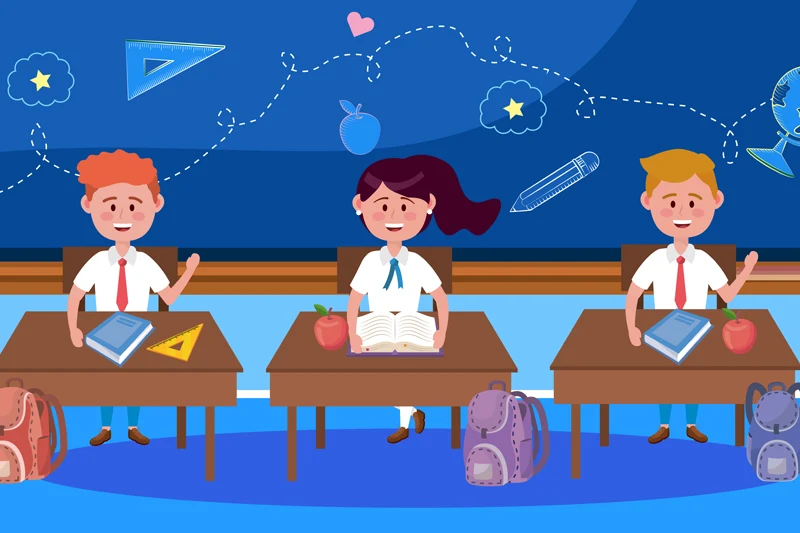
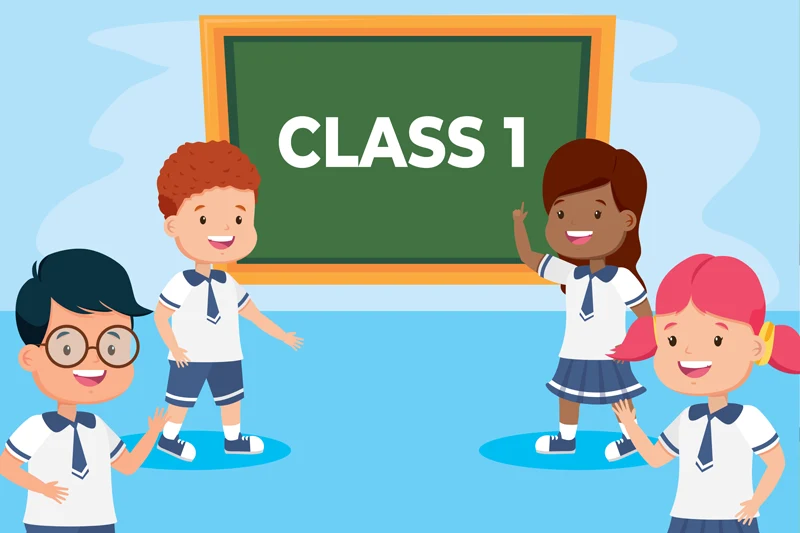
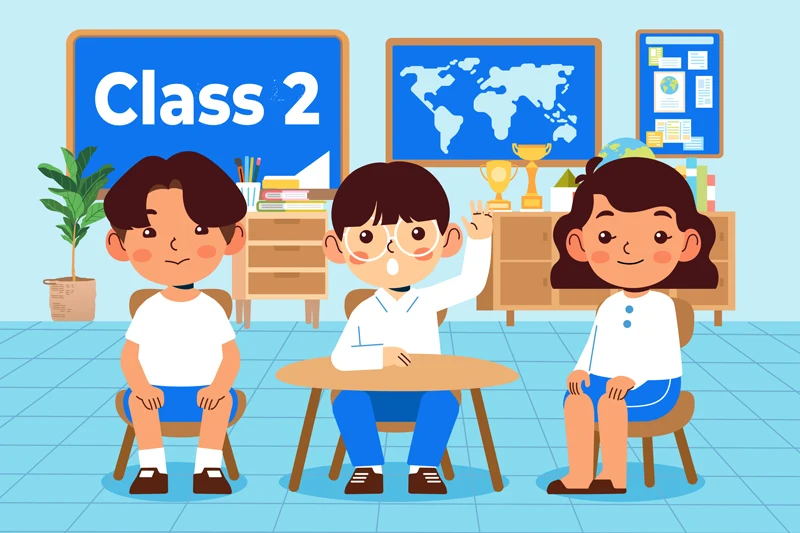
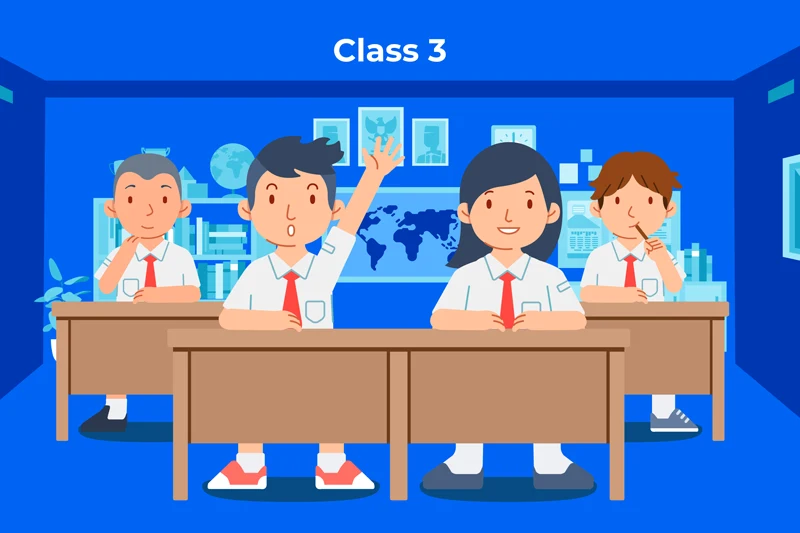
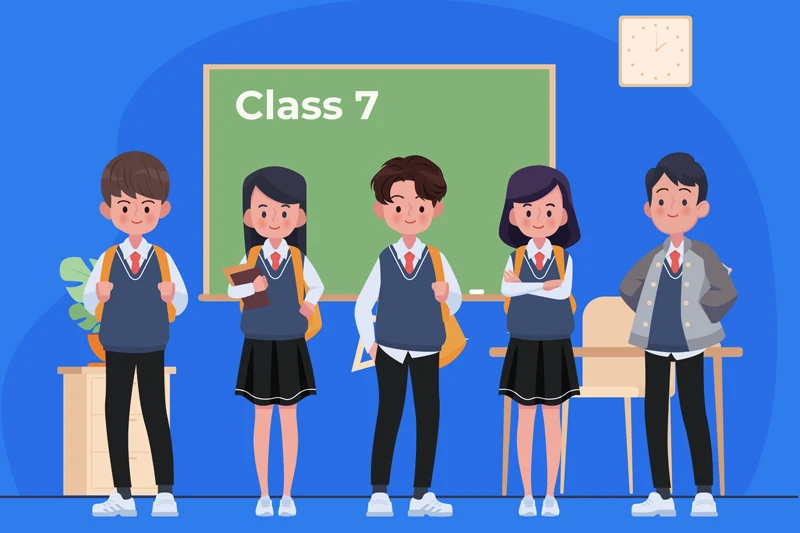
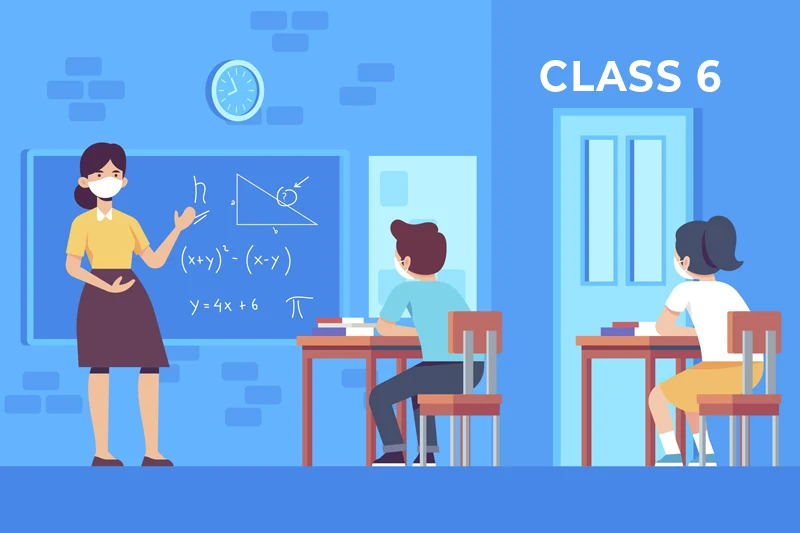
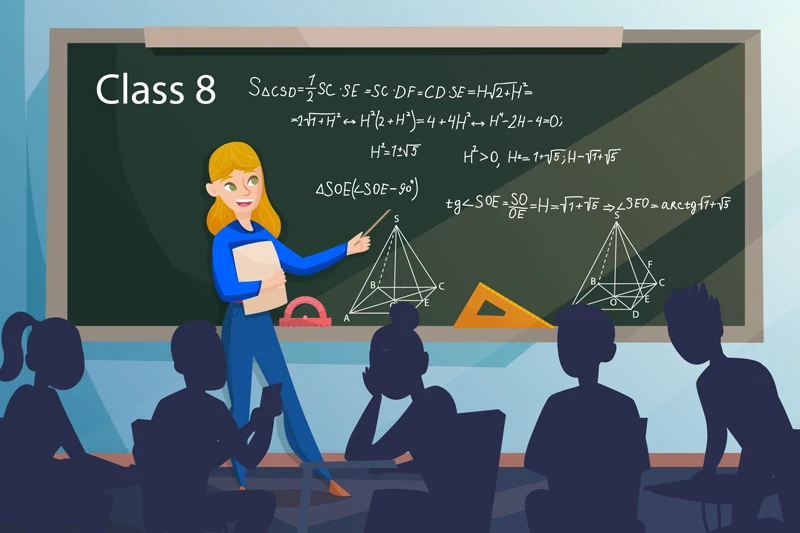




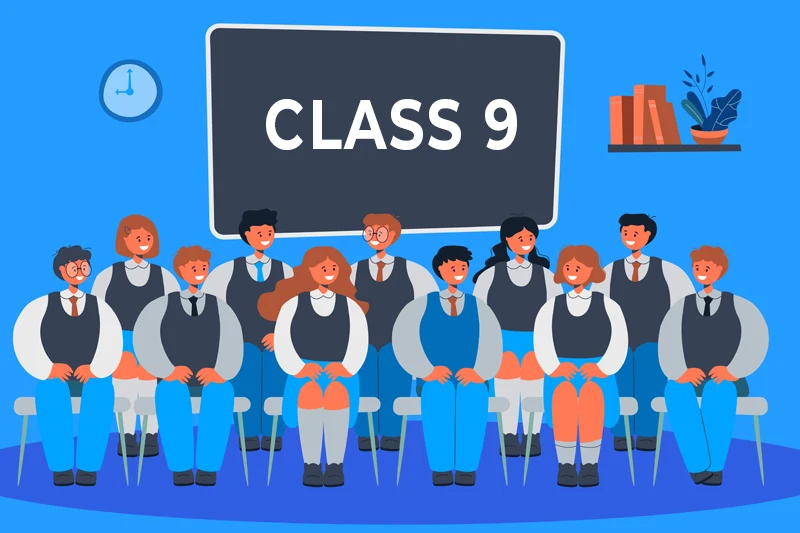
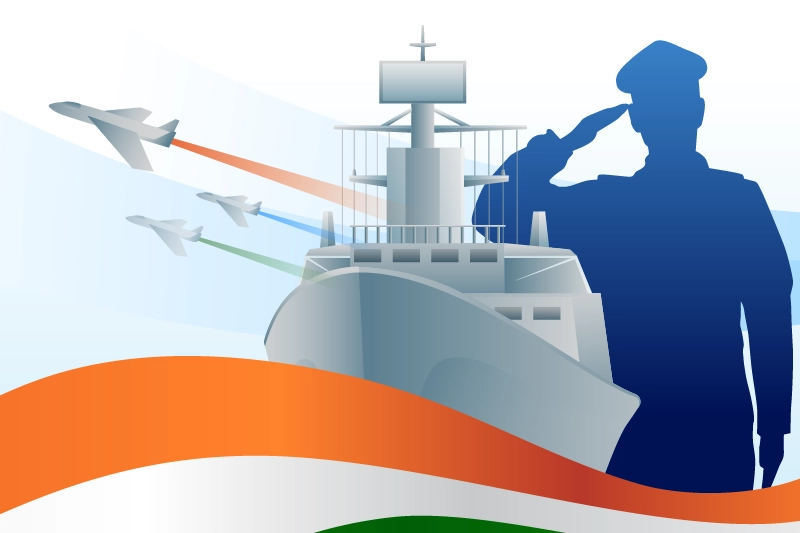




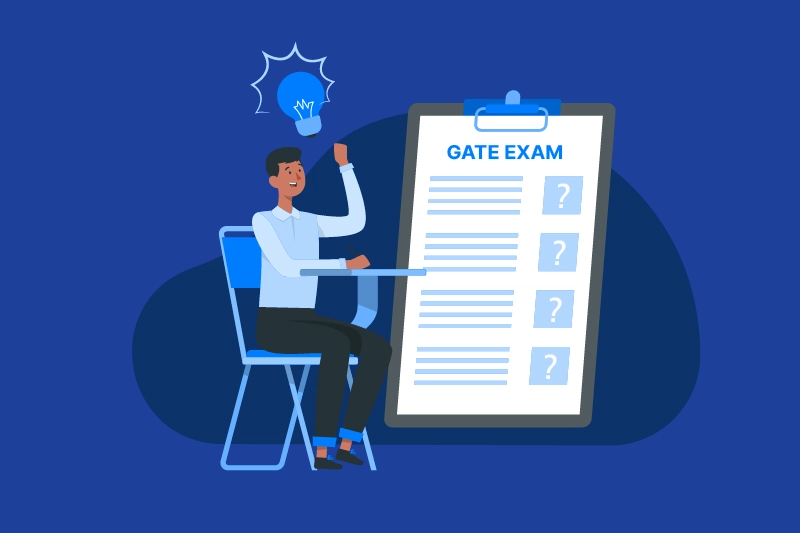
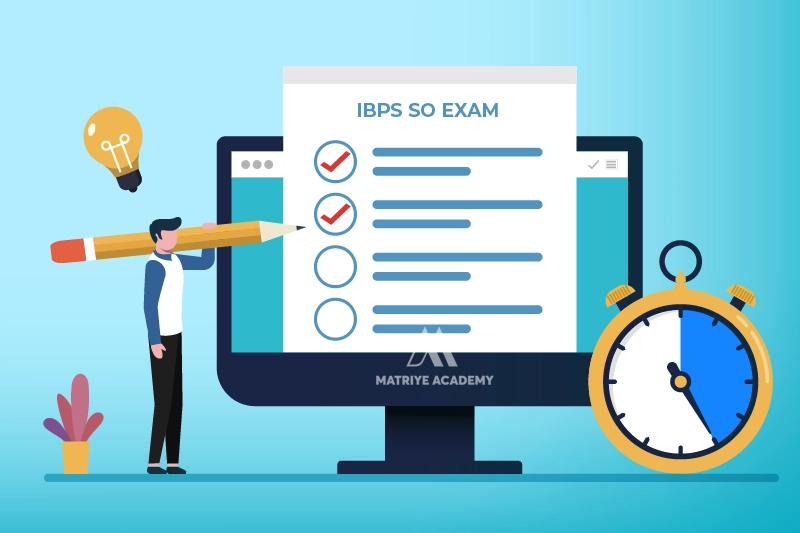
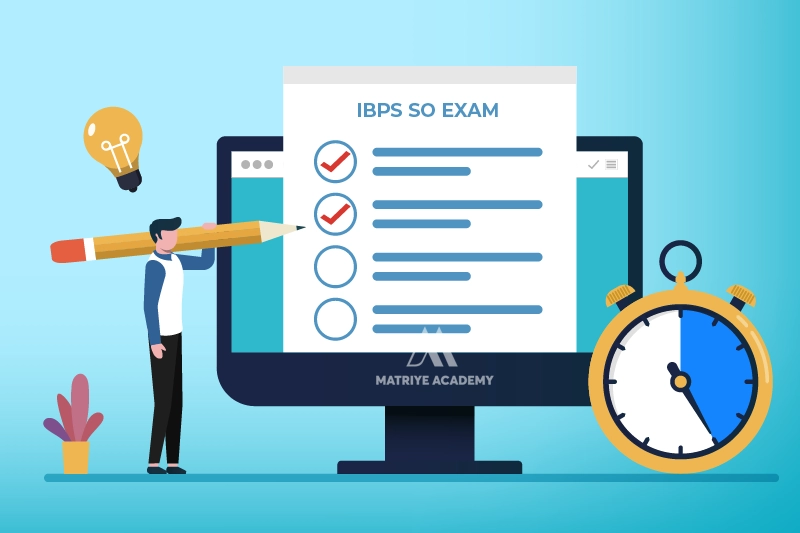

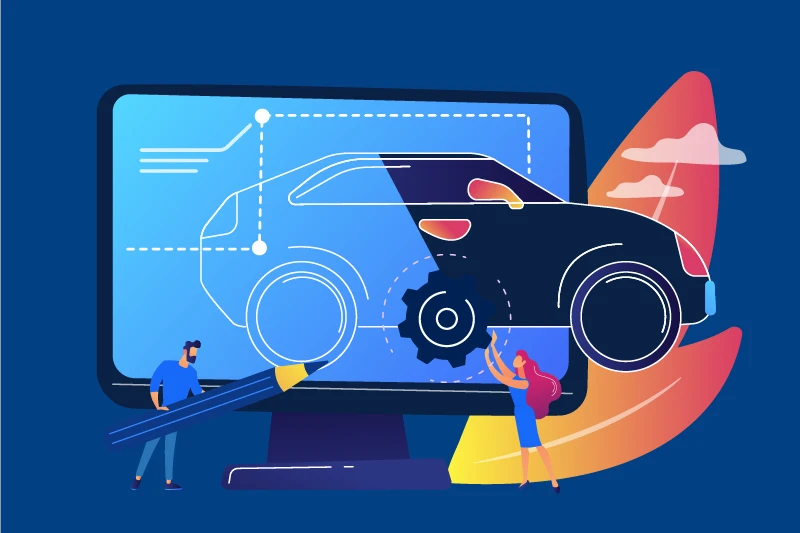
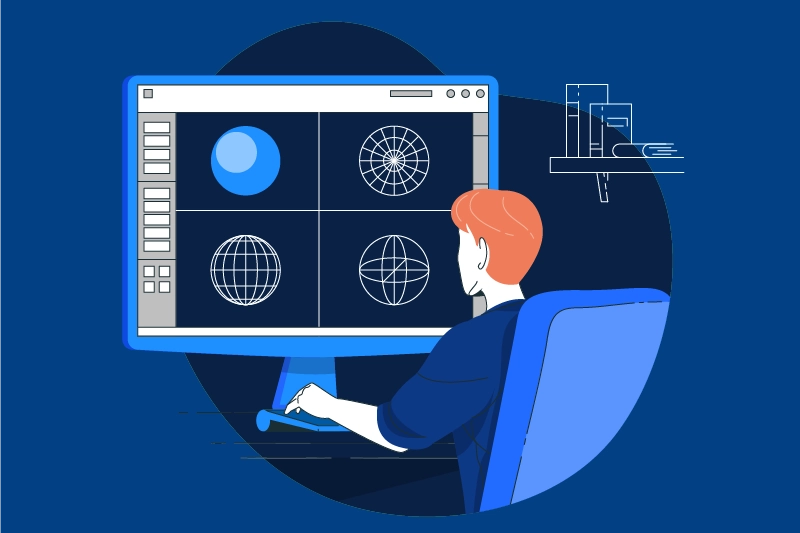
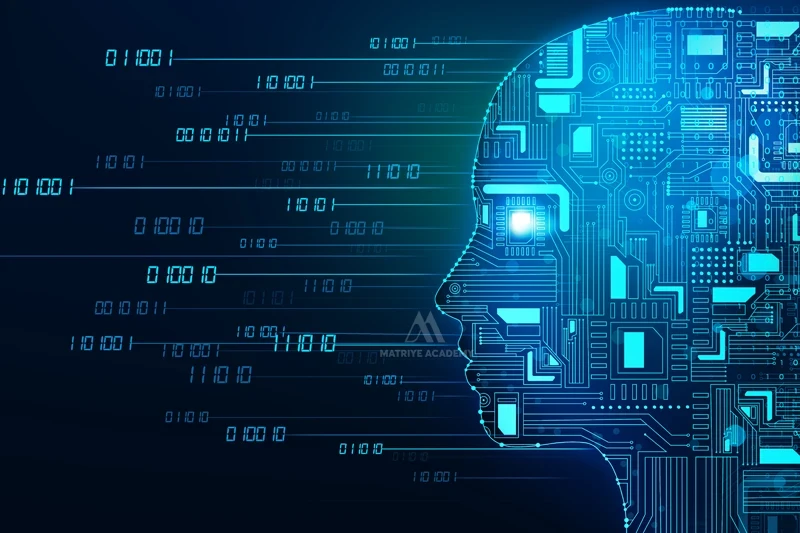


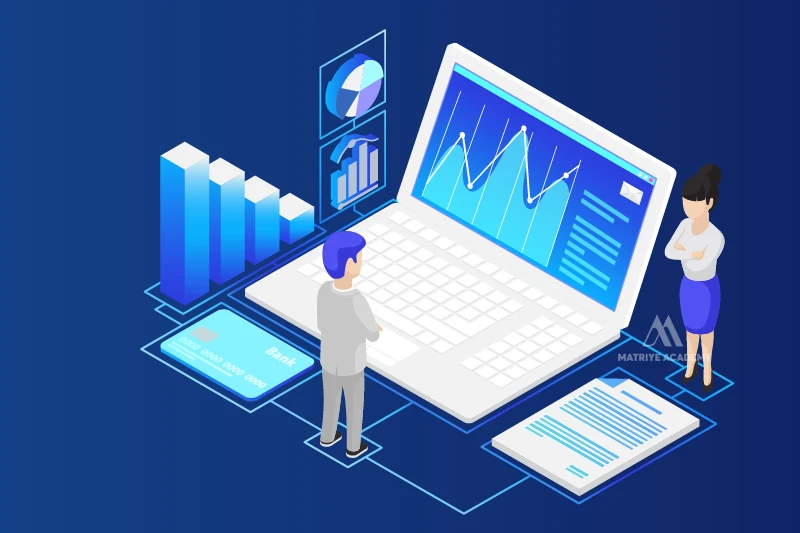
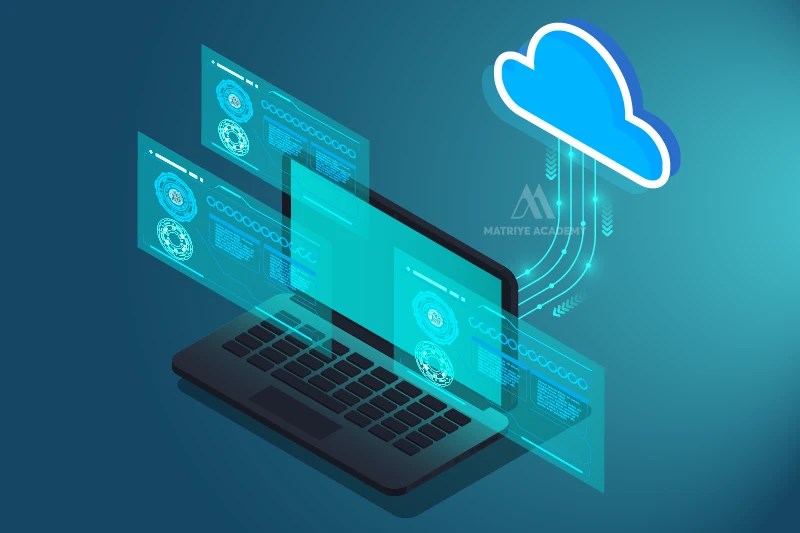
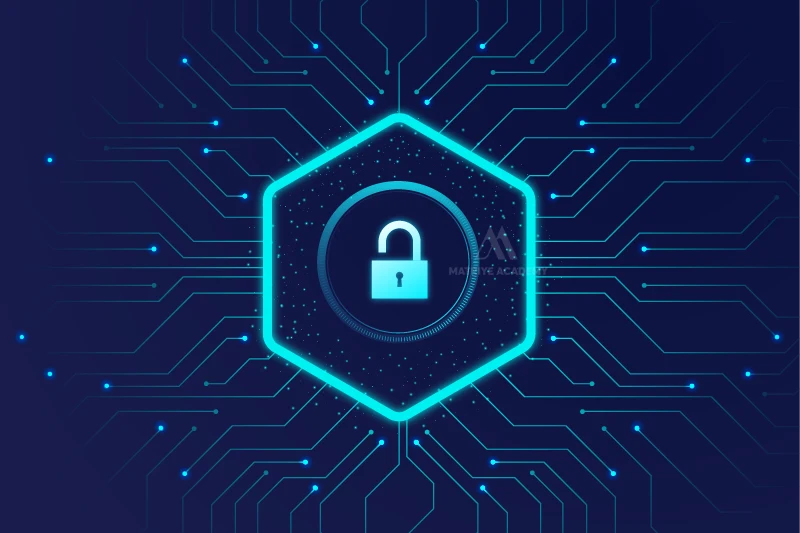








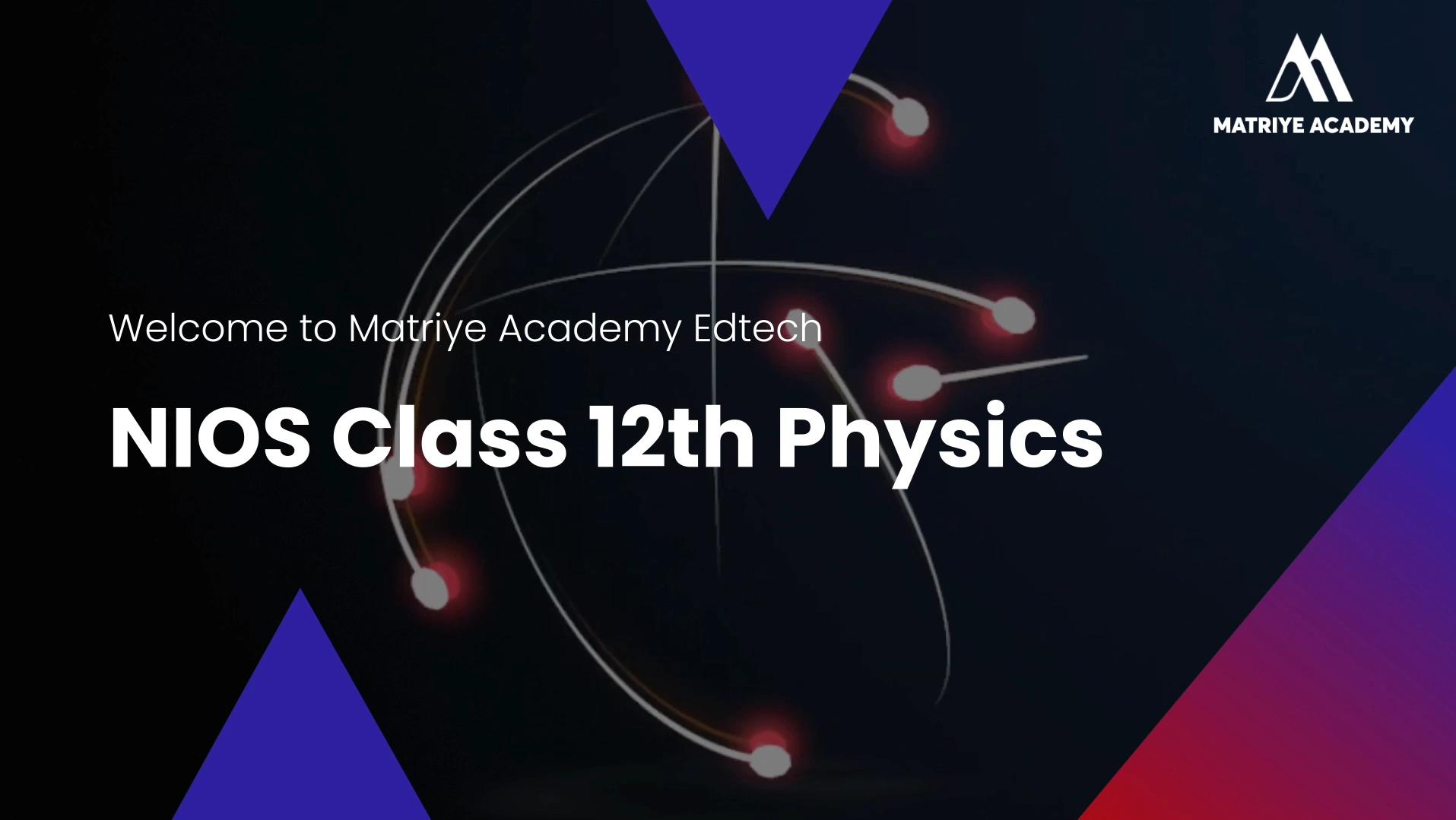
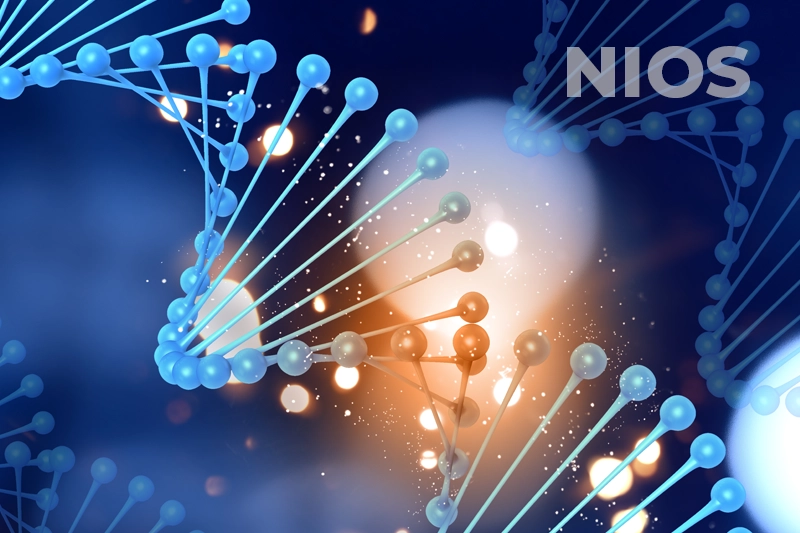
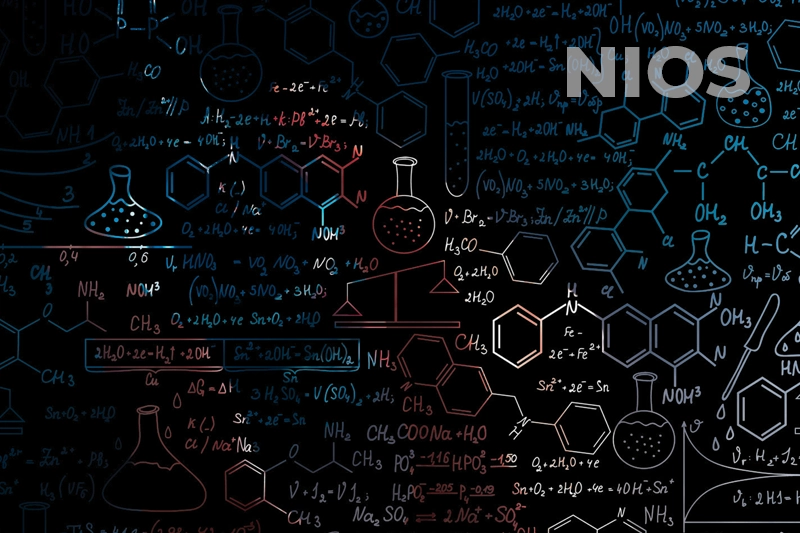

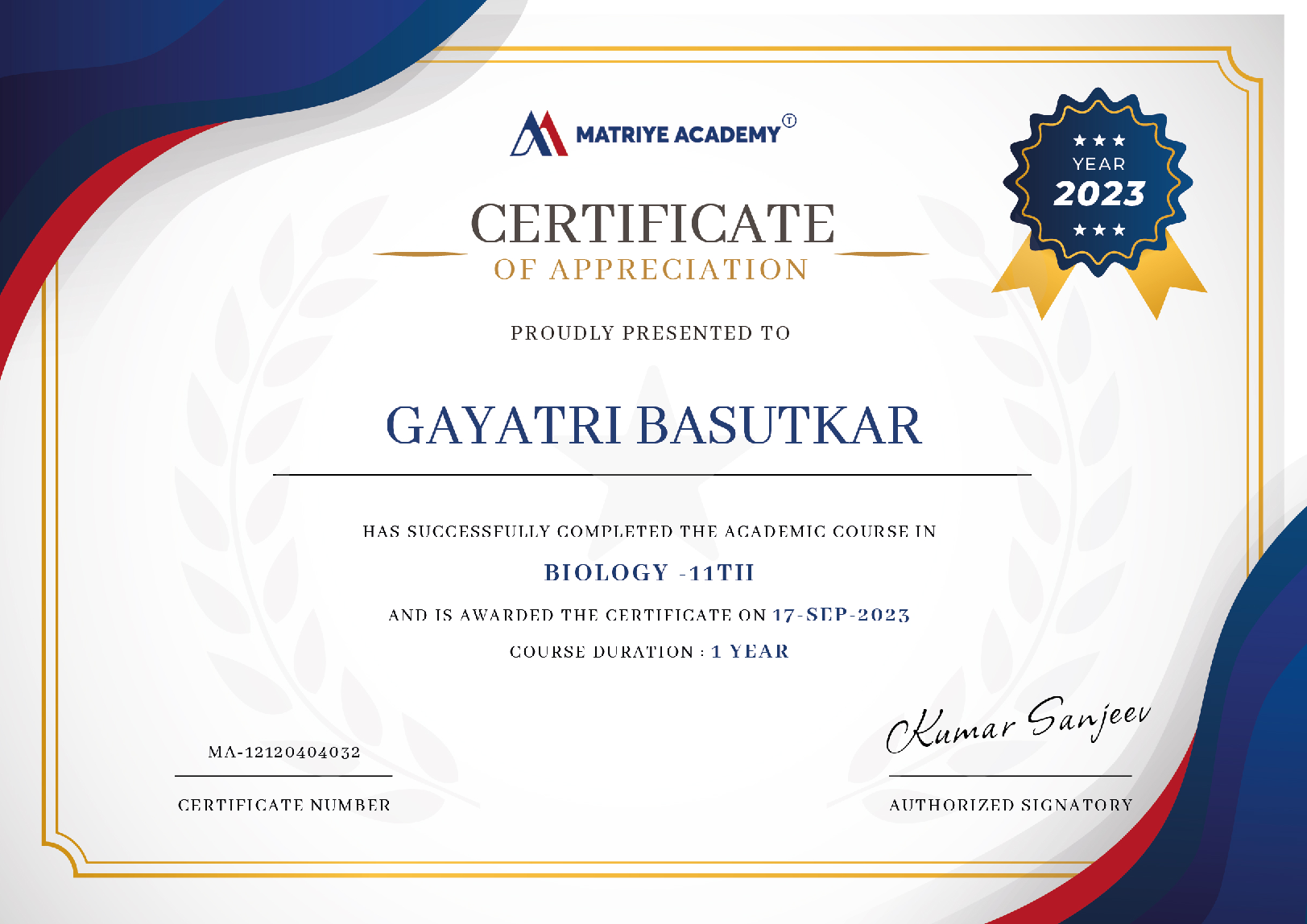
Leave A Comment